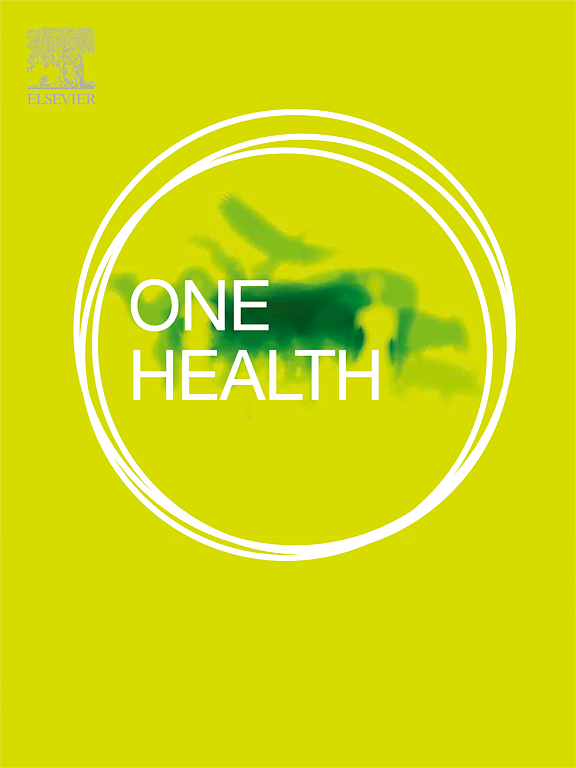A persona-based exploration of rabies post-exposure prophylaxis seeking behavior and its implication for communication strategic planning: Evidence from Thailand
IF 4.1
2区 医学
Q1 INFECTIOUS DISEASES
引用次数: 0
Abstract
Rabies is a lethal zoonotic illness that claims over 59,000 lives annually. However, this fatality can be avoided by postexposure prophylaxis (PEP). This study aimed to identify and characterize different personas of individuals regarding their PEP-seeking behavior and develop tailored communication strategies to encourage PEP adoption among these distinct groups effectively. We categorized our subjects, residing in two districts of Chonburi province, Thailand, into three groups: (i) individuals with a history of dog bites who underwent PEP; (ii) individuals bitten by dogs who did not receive PEP; and (iii) individuals who had never been bitten. Subsequently, we employed an empathy map, a visual method, and a customer journey map to better understand the participants' experiences and perceptions. A total of 38 individuals were interviewed. We categorized the participants into three distinct personas: positive, neutral, and negative trends. Individuals classified within the positive trend strongly advocate for seeking rabies vaccines in the event of a dog bite. Meanwhile, individuals who have a neutral inclination are more likely to contemplate getting vaccinated following a dog bite, particularly if the injury is substantial. Those with a negative trend demonstrate a notable lack of attention or concern toward preventing rabies. A lack of attention to the potential severity of the issue characterizes their attitude. Notably, nearly half (44.74 %; 17/38) of the individuals involved in the study indicated utilizing interpersonal communication, followed by digital platforms (42.11 %; 16/38) and traditional communication channels (10.52 %; 5/38). Tailoring communication modalities to suit each specific group is crucial for effective outreach.
求助全文
约1分钟内获得全文
求助全文
来源期刊

One Health
Medicine-Infectious Diseases
CiteScore
8.10
自引率
4.00%
发文量
95
审稿时长
18 weeks
期刊介绍:
One Health - a Gold Open Access journal.
The mission of One Health is to provide a platform for rapid communication of high quality scientific knowledge on inter- and intra-species pathogen transmission, bringing together leading experts in virology, bacteriology, parasitology, mycology, vectors and vector-borne diseases, tropical health, veterinary sciences, pathology, immunology, food safety, mathematical modelling, epidemiology, public health research and emergency preparedness. As a Gold Open Access journal, a fee is payable on acceptance of the paper. Please see the Guide for Authors for more information.
Submissions to the following categories are welcome:
Virology,
Bacteriology,
Parasitology,
Mycology,
Vectors and vector-borne diseases,
Co-infections and co-morbidities,
Disease spatial surveillance,
Modelling,
Tropical Health,
Discovery,
Ecosystem Health,
Public Health.
 求助内容:
求助内容: 应助结果提醒方式:
应助结果提醒方式:


